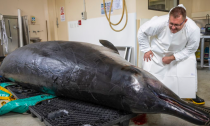
The first-ever dissection of the world’s rarest whale has unlocked a succession of new-to-science discoveries, including that the spade-toothed whale bears tiny vestigial teeth, akin to human wisdoms, embedded in its gums and carries nine stomach chambers.
Not only has the weeklong examination of the spade-toothed whale – a species so rare it has never been sighted alive – provided a wealth of new insights into this vastly under-studied species, but it has broken new ground in how Indigenous groups can work alongside western science to further our shared understandings of the natural world.
The five-metre-long male spade-toothed whale washed ashore at Otago’s Taiari Mouth (a village on New Zealand’s south island) in July this year, marking the first time a complete specimen ha...
Read More

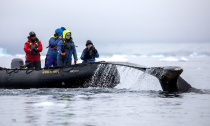
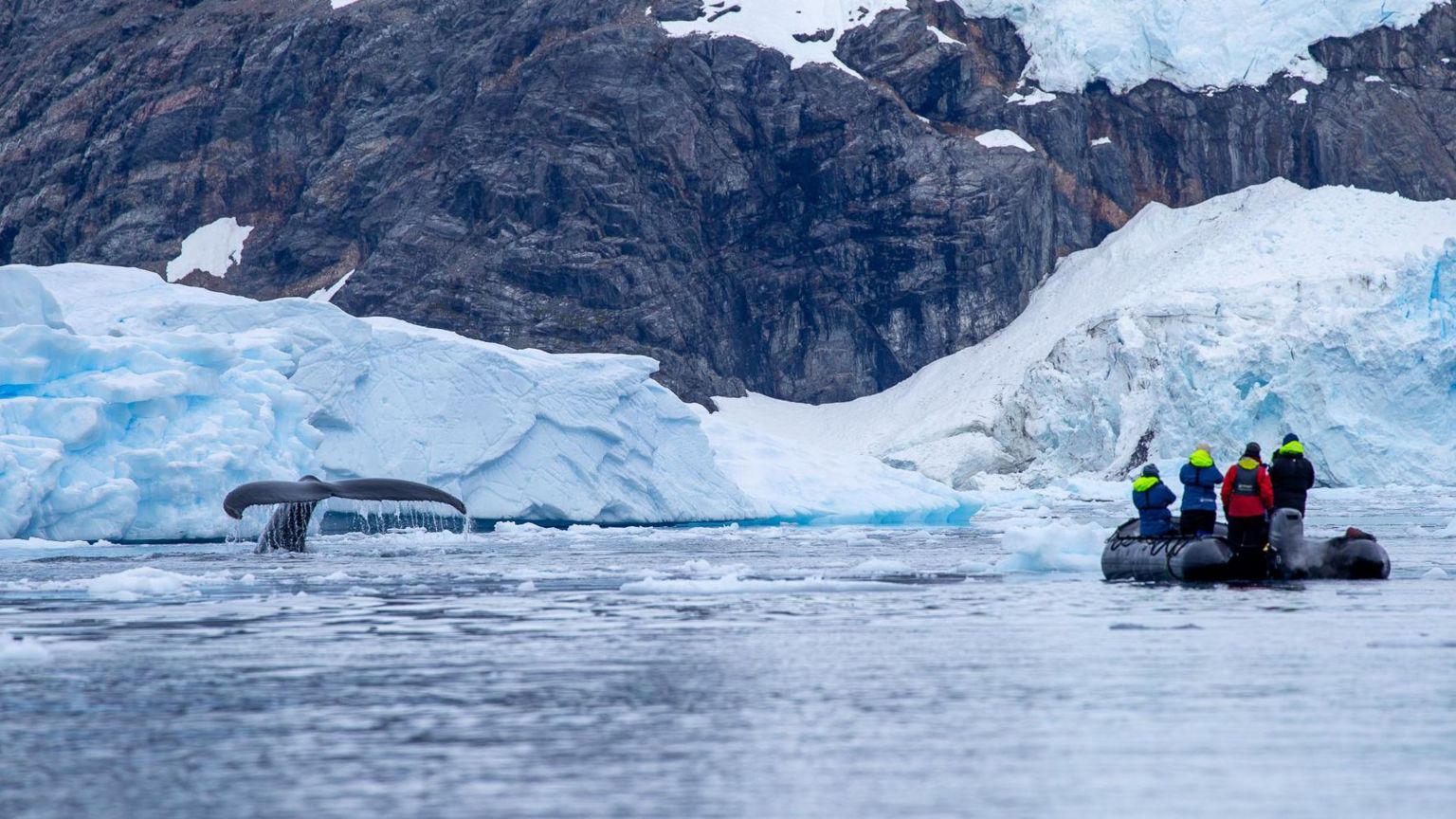
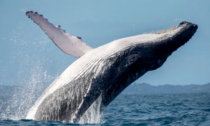
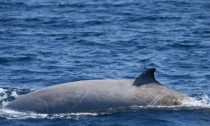
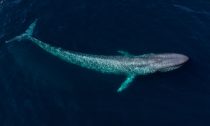
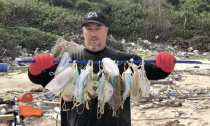
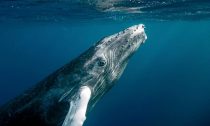

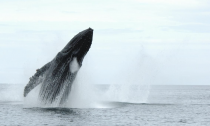
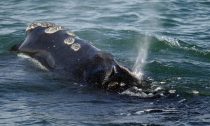


Social Profiles